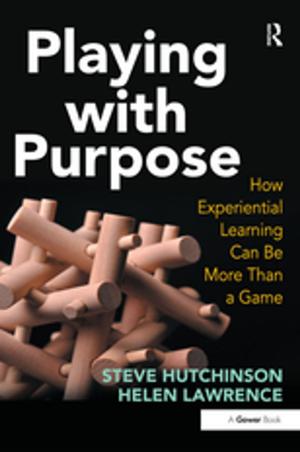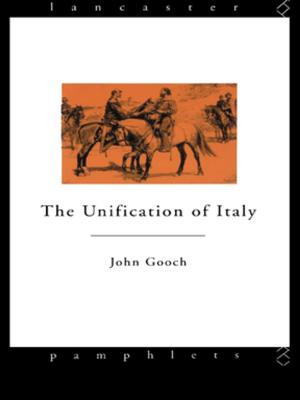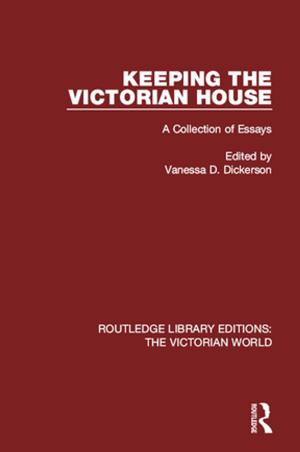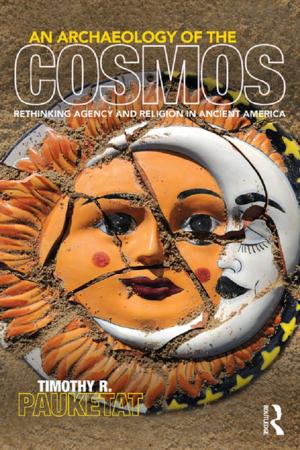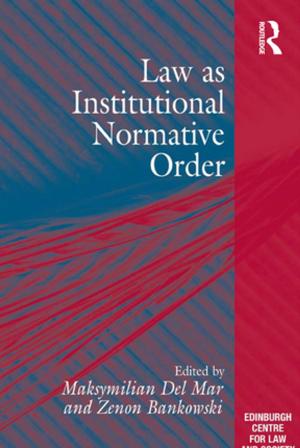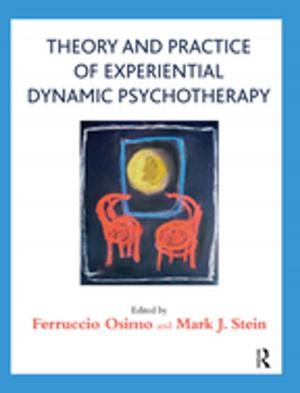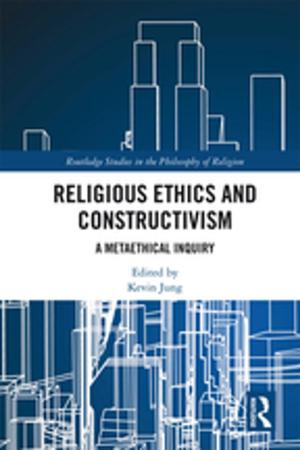| Author: | ISBN: | 9781351995627 | |
| Publisher: | Taylor and Francis | Publication: | June 14, 2017 |
| Imprint: | Routledge | Language: | English |
| Author: | |
| ISBN: | 9781351995627 |
| Publisher: | Taylor and Francis |
| Publication: | June 14, 2017 |
| Imprint: | Routledge |
| Language: | English |
Wittgenstein criticised prevailing attitudes toward the sciences. The target of his criticisms was ‘scientism’: what he described as ‘the overestimation of science’. This collection is the first study of Wittgenstein’s anti-scientism - a theme in his work that is clearly central to his thought yet strikingly neglected by the existing literature.
The book explores the philosophical basis of Wittgenstein’s anti-scientism; how this anti-scientism helps us understand Wittgenstein’s philosophical aims; and how this underlies his later conception of philosophy and the kind of philosophy he attacked.
An outstanding team of international contributors articulate and critically assess Wittgenstein’s views on scientism and anti-scientism, making Wittgenstein and Scientism essential reading for students and scholars of Wittgenstein’s work, on topics as varied as the philosophy of mind and psychology, philosophical practice, the nature of religious belief, and the place of science in modern culture.
Contributors: Jonathan Beale, William Child, Annalisa Coliva, David E. Cooper, Ian James Kidd, James C. Klagge, Danièle Moyal-Sharrock, Rupert Read, Genia Schönbaumsfeld, Severin Schroeder, Benedict Smith, and Chon Tejedor.
Wittgenstein criticised prevailing attitudes toward the sciences. The target of his criticisms was ‘scientism’: what he described as ‘the overestimation of science’. This collection is the first study of Wittgenstein’s anti-scientism - a theme in his work that is clearly central to his thought yet strikingly neglected by the existing literature.
The book explores the philosophical basis of Wittgenstein’s anti-scientism; how this anti-scientism helps us understand Wittgenstein’s philosophical aims; and how this underlies his later conception of philosophy and the kind of philosophy he attacked.
An outstanding team of international contributors articulate and critically assess Wittgenstein’s views on scientism and anti-scientism, making Wittgenstein and Scientism essential reading for students and scholars of Wittgenstein’s work, on topics as varied as the philosophy of mind and psychology, philosophical practice, the nature of religious belief, and the place of science in modern culture.
Contributors: Jonathan Beale, William Child, Annalisa Coliva, David E. Cooper, Ian James Kidd, James C. Klagge, Danièle Moyal-Sharrock, Rupert Read, Genia Schönbaumsfeld, Severin Schroeder, Benedict Smith, and Chon Tejedor.




